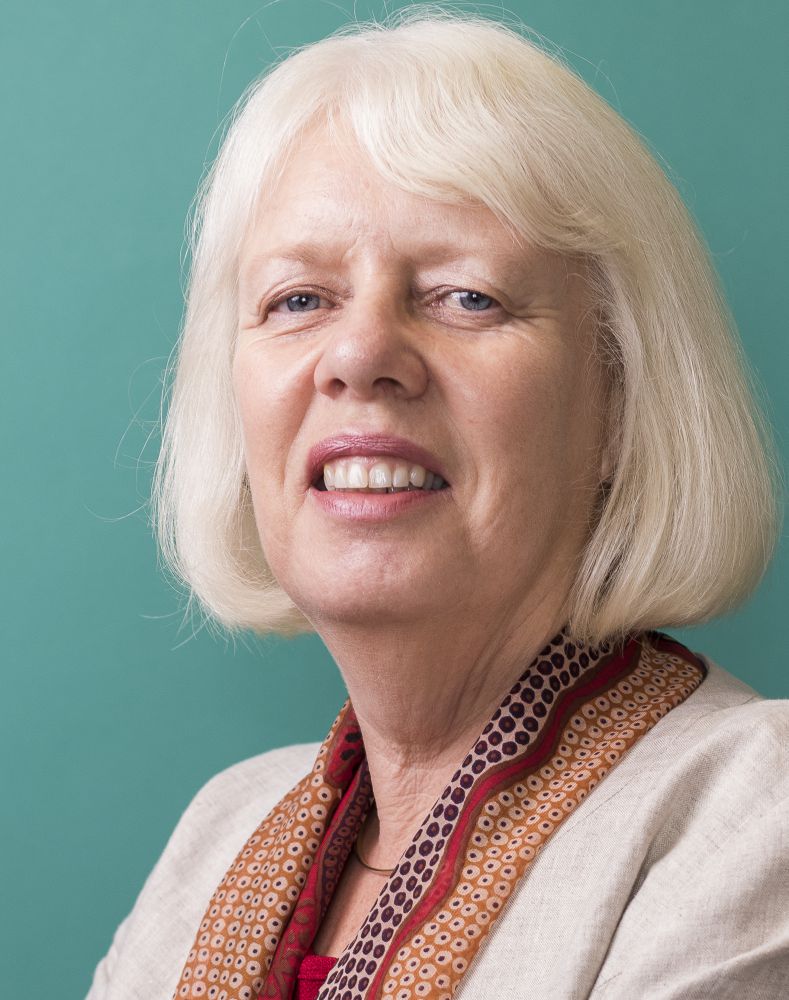
Collaboration in Action



When the Graduate Division launched its Multidisciplinary Research on COVID-19 and its Impacts (MRCI) Program in June, the idea was straightforward: provide $2,000 mini-grants to an individual or team project that explores, analyzes and responds to the COVID-19 pandemic.
Now, those 44 grants to 55 grad students (six grants went to teams) are paying off. The Graduate Division will host the MRCI Collaboration Symposium Friday, Nov. 6, from 1 to 2:30 p.m. on Zoom. Register here.
“The students have submitted their final reports and it is clear that this program has had a huge impact,” said Mary Hegarty, associate graduate dean and MRCI program leader. “It has enabled many students to make progress towards their degree deadlines, including collection of pilot data for their dissertation proposals. It has also enabled them to take their research in new directions, when access to labs and library resources was not possible.
“But more than this,” she continued, “it provided students with an opportunity to develop skills in project management, leadership and communication, which increased their confidence as scholars. We hope you will join us in celebrating their achievements at the MRCI research symposium on November 6.”
In response to the challenges posed by the lock-down orders beginning in March, Carol Genetti, then dean of the Graduate Division, proposed the program for graduate students to serve multiple purposes. The mini-grants supported research to advance our understanding of the impacts of COVID-19, fostered the development of graduate student research and communication skills, promoted communication across disciplines and provided support to graduate students during a difficult time.
“It was exciting to see the many different research approaches and products of students across the university,” said Holly Carpenter, MRCI program coordinator. “Student projects included testing conceptual approaches, collecting and analyzing data, developing archives, completing manuscripts and creative products, and developing teaching materials.”
The MRCI program also focused on graduate student development and community through the MRCI Collaborative, which included workshops and topical group discussions. Students joined groups organized around common methodologies or common themes in their research, including discrimination and social justice, meaning-making, media, language and rhetoric, policies, populations, responses, and qualitative and quantitative methods.
“The Graduate Division is happy to have sponsored this initiative, which showcases the research our students do that makes a difference in the world we are confronting,” said Leila Rupp, interim Anne and Michael Towbes Graduate Dean. “They are studying the myriad ways that COVID-19 affects our lives and communities. We are very proud of the work they are doing.”
Through the MRCI Collaborative, students worked on a range of projects across disciplinary boundaries. Among the study topics:
• The relationship between COVID-19 transmission and inter-city migration at the time of the 2020 Chinese Spring festival.
• COVID-19’s impact on essential workers’ distress, perceptions of parenting, and child mental health symptoms, with an emphasis on the pandemic’s impact on students’ futures.
• Death rituals and bereavement during the pandemic from a religious studies perspective
Students will discuss their work at the virtual symposium, where the MRCI Collaborative topical groups will share their experiences and research findings in five to eight minutes through group presentations.



